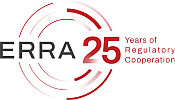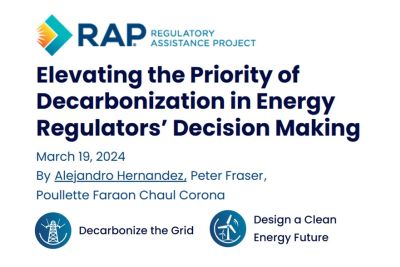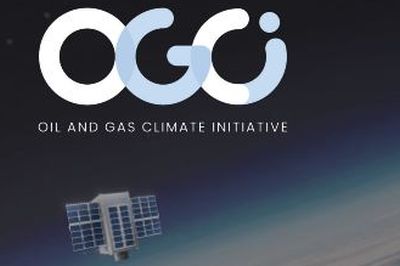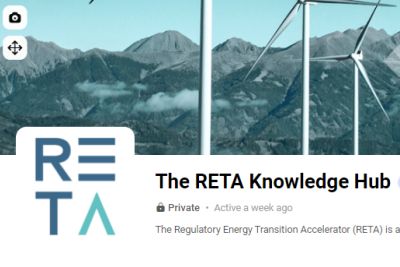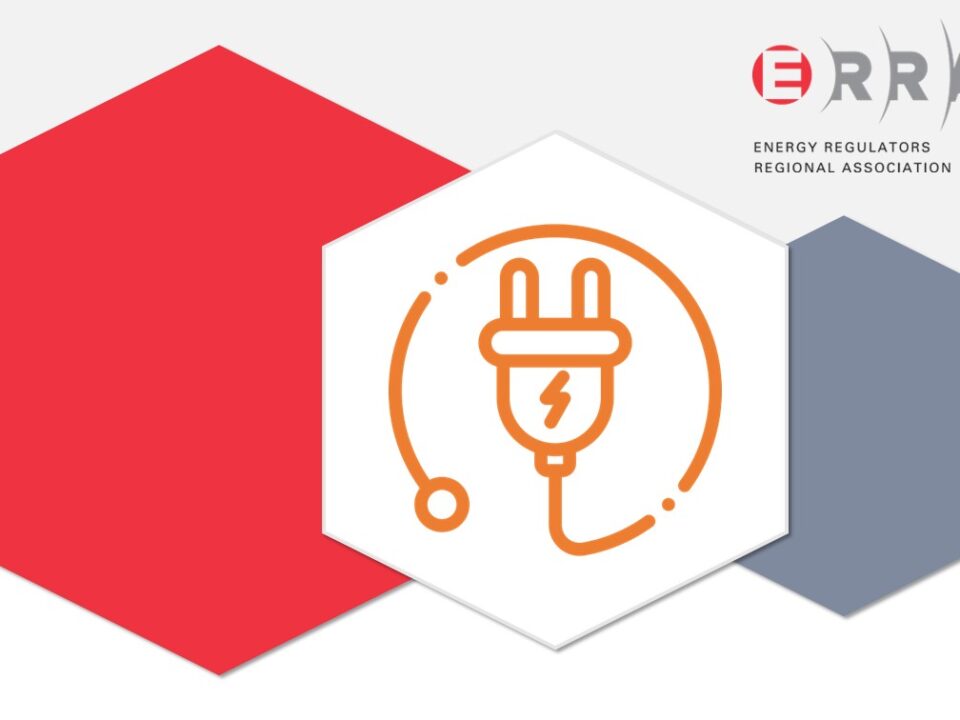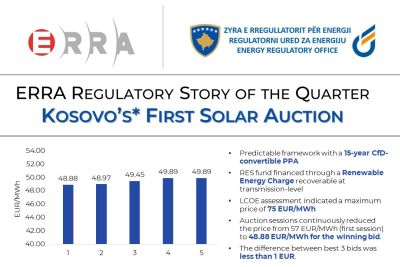2024-06-18
This report aims to gather the insights derived from regulators’ experiences in elevating the priority of decarbonization in regulatory decision making. It has recommendations for policymakers, regulators and RETA to support the elevation of decarbonization in regulatory decision making.
